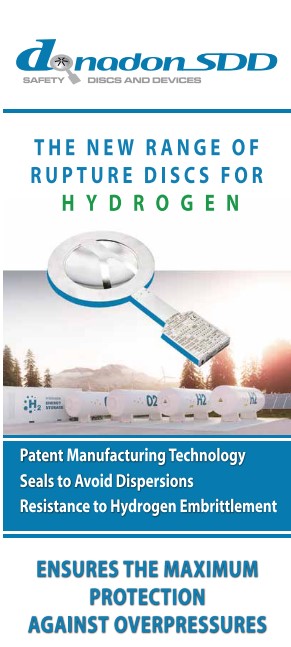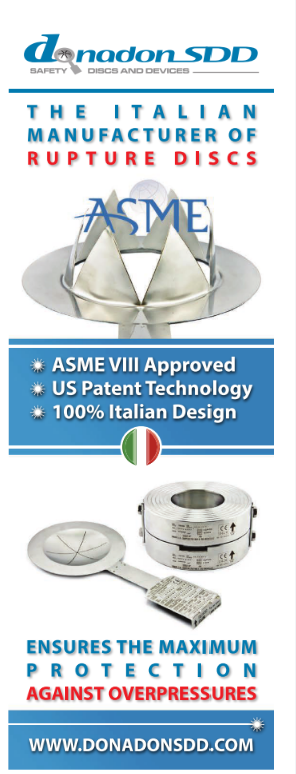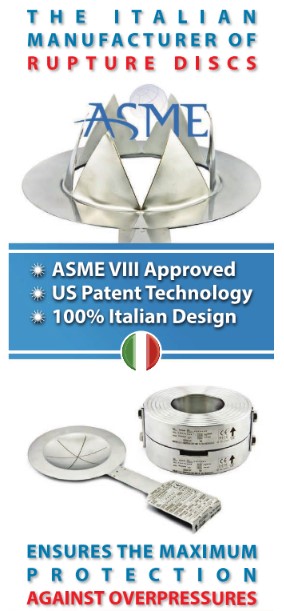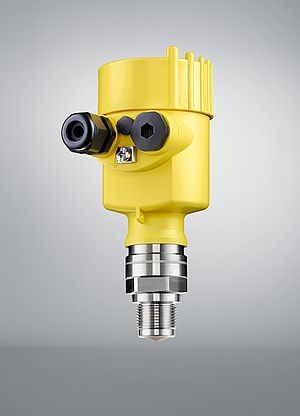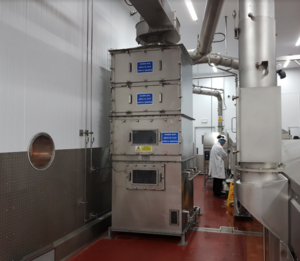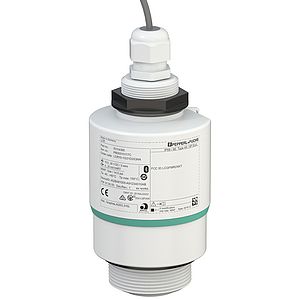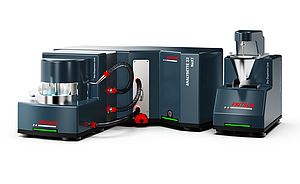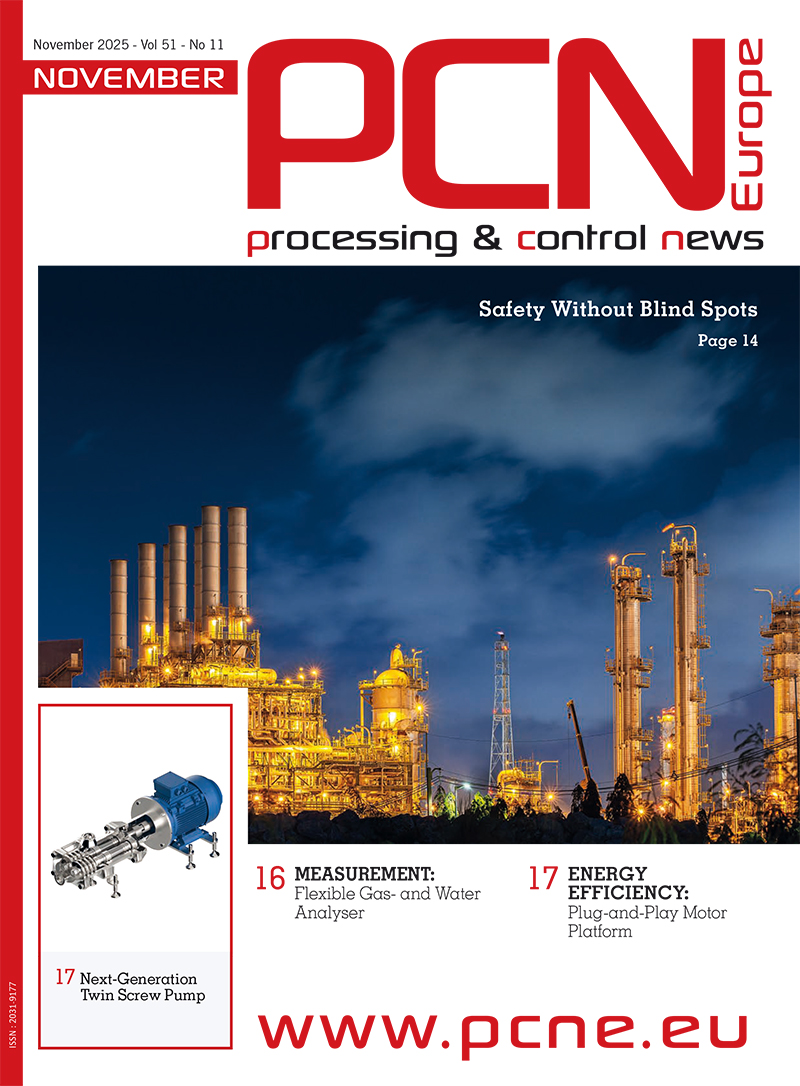Chemistry is all around us and not just in medicine and cleaning products. Everything you hear, see, smell, taste and touch involves chemistry. The processes by which our bodies can transform food and water into energy are spurred on by catalysts. Spanish scientist Avelino Corma (Moncofa, Castellón, Spain 1951), co-founder of the Institute of Chemical Technology, a joint centre from the Universitat Politècnica de València and the Consejo Superior de Investigaciones Científicas (CSIC), has dedicated his life to developing more sustainable chemical processes and catalysts.
For his remarkable career spanning over three decades, the European Patent Office (EPO) announced today that Corma is the Lifetime Achievement laureate in the 2023 European Inventor Award. The EPO will pay tribute to his work during the ceremony live-streamed from Valencia on 4 July at 12:00.
Optimising chemical reactions
Catalysts are used in chemical processes for a number of purposes, including improving the efficiency and environmental cleanliness of chemical reactions in all industries. Most of Corma’s achievements have been obtained thanks, in part, to the development of synthesised zeolites. Zeolites are crystalline materials made up of silicon, aluminium and oxygen. They act as a sponge with very small holes, which trap small molecules so a specific chemical reaction can then take place. Although some zeolites occur naturally, “shape-selective catalysts” can be created to target molecules of a particular size.
While millions of synthesised zeolite structures are theoretically possible, only about 300 have been developed to date. Approximately one-fifth of these have been developed by Corma and his colleagues at ITQ (UPV-CSIC), firmly positioning this research group, based in Valencia, as an authority.
Corma’s first synthetic zeolite was developed in 1989. It produced fuel with better mileage, lower carbon emissions in warmer weather and a better capacity to withstand compression in an engine. Since then, his synthetic catalysts have benefited industry and society immeasurably, with his work being used in biomass energy generation or removing NOx to tackle air pollution, for instance, and have had a positive impact on a wide range of industries, including refining and petrochemistry, pharmaceuticals and cosmetics. To date, Corma has nearly 200 European patent applications and more than 50 of his patents have been licensed by international companies.
Corma is the author of several books, including ‘Catalytic Cracking’ and ‘Introduction to Zeolite Molecular Sieves’, as well as more than 1 200 publications.

















